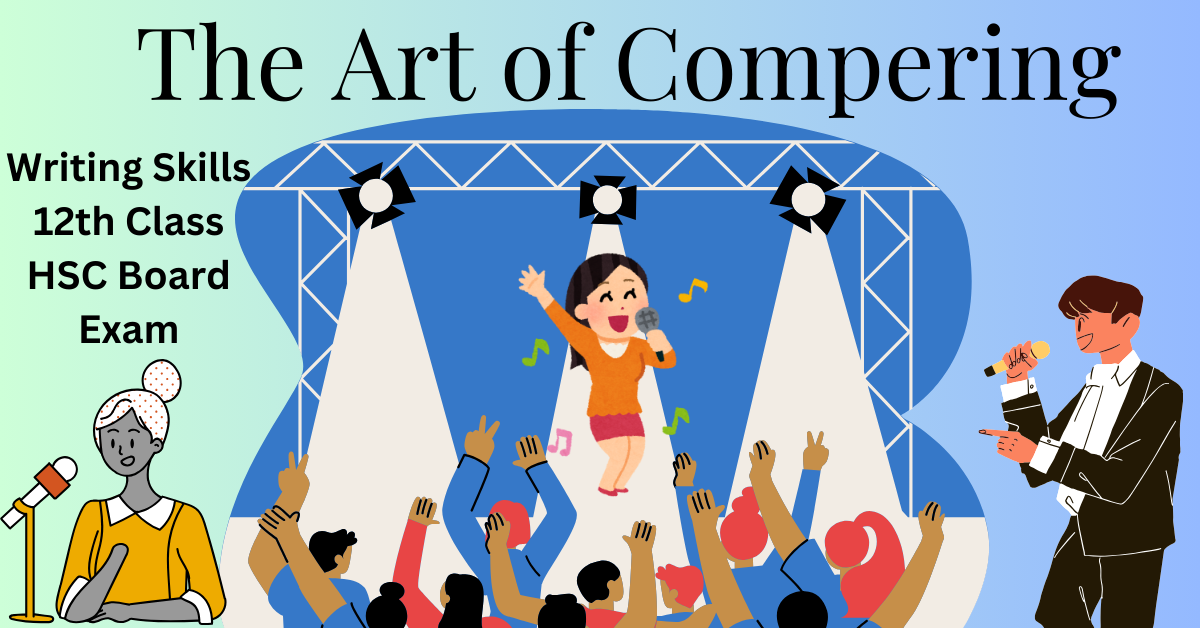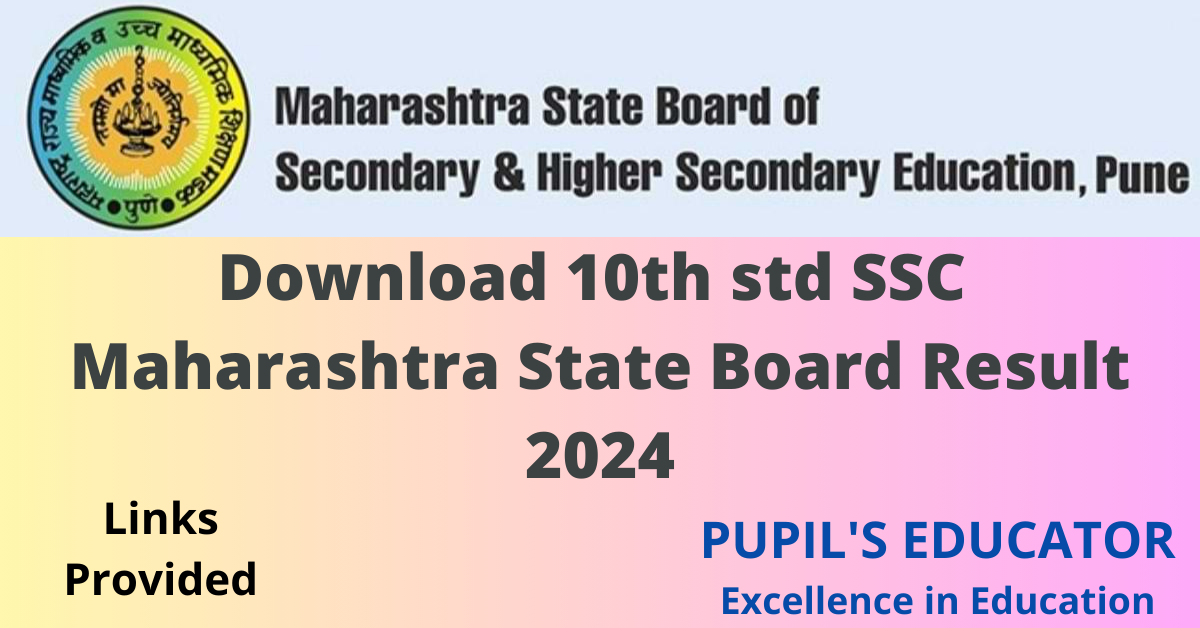Dear students let’s learn about the Future tense. How to use future tense and its four subtypes in our communication. In this article, you will learn with examples, what are the 4 types of future tense? What is the future tense rule?
Future Tense:
- In communication, when we shall tell the future action it’s called future tense.
- The action will happen in the future time its tense is called future tense.
- If we predict something will be in the future it’s called future tense.
- In future tense, we use Shall/Will as an auxiliary verb.
What are the 4 types of future tense?
- Simple Future Tense
- Continuous Future Tense
- Perfect Future Tense
- Perfect Continuous Future Tense
Simple Future Tense:
- In the future, the action will happen in daily life it’s called Simple Future Tense.
- In the future, if the action will happen frequently it’s called Simple Future Tense.
- In the future, if we want to tell the habitual action it’s called Simple Future Tense.
The formula of the simple past tense:
- Subject + shall/will + Verb1 + Object
For Eg: I shall listen to a story.
You will sing a song.
Rahul will do the job.
They will work in the garden.
He will read a novel.
| Subject | auxiliary verb (to be) |
| I, We | shall + Verb1 |
| He, She, It, Noun Singular, Plural Noun | will + Verb1 |
Continuous future Tense:
- In the future, if we want to tell the action that will be going on it’s called Continuous future Tense.
- In the future, the action will be incomplete but still going on its tense called Continuous future Tense.
- The action will be continuing in the future it’s called Continuous future Tense.
- In the Continuous future Tense after the auxiliary verb, we have to use be. (shall/will + be)
The formula of the continuous future tense:
- Subject + shall/will + be + Verb1- ing + Object
For Eg: I shall be playing.
You will be doing a job.
Rahul will be reading a novel.
They will be working in the garden.
| Subject | auxiliary verb (to be) |
| I, We | shall + be + Verb1– ing |
| He, She, It, Noun Singular, Plural Noun | will + be + Verb1– ing |
Perfect Future Tense:
- In the future, the action will have completed its called Perfect Future Tense.
- The action will have finished in future tense it’s called Perfect Future Tense.
- At a particular time, the action will have completed in future tense it’s called Perfect Future Tense.
- In Perfect Future Tense, we have to use have after the auxiliary verb. (shall/will + have)
- In the Perfect Future tense, we have to use verb3.
The formula of the Perfect Future tense:
- Subject + shall/will + have + Verb3 + Object
For Eg: I shall have seen a circus.
He will have played cricket.
You will have sung a song.
They will have worked in the garden.
She will have read a novel.
| Subject | auxiliary verb (to be) |
| I, We | shall + have + Verb3 |
| He, She, It, Noun Singular, Plural Noun | will + have + Verb3 |
Perfect Continuous Future Tense:
- The action will have been starting at a particular time in the future but not finished its called Perfect Continuous Future Tense.
- In the future, the action nearby will have been completed but not finished its called Perfect Continuous Future Tense.
- In the Perfect Continuous Future Tense, we have to use have + been after the auxiliary verb. (shall/will + have + been)
- In the Perfect Continuous Future Tense, we have to use the present participle form of the verb. (Verb-ing)
The formula of the Perfect continuous future tense:
- Subject + shall/will + have + been + Verb1-ing + Object
For Eg: I shall have been completing my task.
You will have been reading a novel.
They will have been living in Delhi.
Rahul will have been working in a company.
She will have been singing a song.
| Subject | auxiliary verb (to be) |
| I, We | shall + have + been + Verb1 – ing |
| He, She, It, Noun Singular, Plural Noun | will + have + been + Verb1 – ing |
You may also read about what is grammar and basic things of the English Grammar
Learn The 12 Basic English Tenses,Learn English Grammar
Learn: Past Tense and its four types: simple, continuous, prefect, perfect continuous tense.








Thank you sir ….
It’s easy to understand
[…] Simple Future Tense […]
Thank you sir…🙏🏻
It’s really helpful for me and easy to understand…..
It,s launguage is very simple and clear .
We can understand nicr really helpful for me..
Thanks a lot sir!.
It,s launguage is very simple and clear .
We can understand nicely it,s really helpful for me..
Thanks a lot sir!.